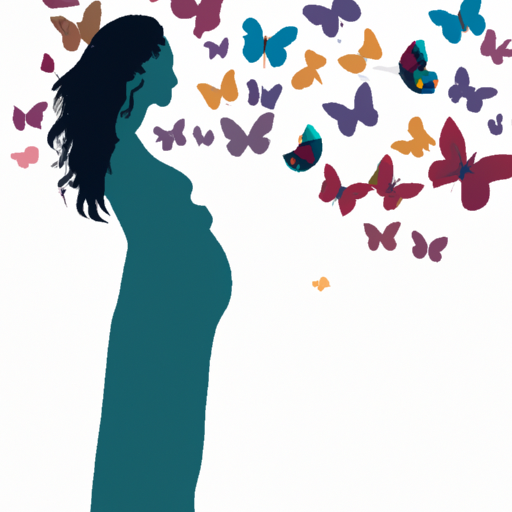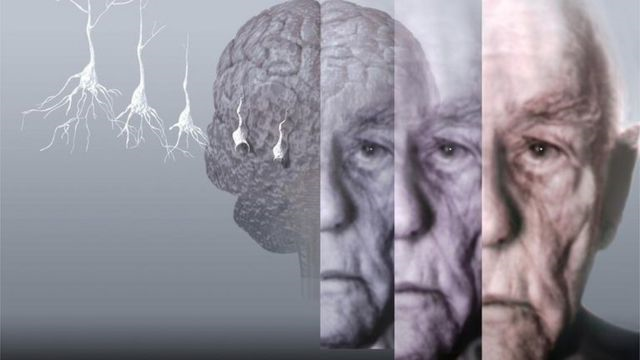Pregnancy is a profound and transformative experience for women that goes beyond physical changes and hormonal fluctuations. It is a time when psychological aspects come into play, impacting women’s emotional well-being and mental health. Understanding and addressing these psychological aspects are crucial for both the expectant mother’s overall well-being and the healthy development of the fetus. In this article, we delve into the various dimensions of the psychological impact of pregnancy, exploring the symptoms, diagnosis, causes, treatment options, and available support for women during this transformative journey. By shedding light on this often overlooked aspect of pregnancy, we hope to provide valuable insights and resources for expectant mothers and those who support them.
1. "Understanding the Psychological Impact of Pregnancy: Symptoms, Diagnosis, and Causes"
Pregnancy is an extraordinary and transformative experience for women, both physically and emotionally. While the focus is often on the physical changes that occur during pregnancy, it is crucial to recognize and understand the psychological aspects that can greatly impact a woman’s well-being. This section will explore the symptoms, diagnosis, and causes of the psychological impact of pregnancy to shed light on this often overlooked aspect.
Symptoms of psychological distress during pregnancy can vary widely and may include mood swings, anxiety, depression, irritability, and changes in appetite and sleep patterns. These symptoms can significantly affect a woman’s overall mental health and may even interfere with her ability to function in everyday life. It is essential to recognize that experiencing these symptoms does not mean a woman is weak or incapable; rather, it is a normal response to the immense changes her body is undergoing.
Diagnosing the psychological impact of pregnancy involves evaluating the presence and severity of symptoms. Healthcare professionals, such as obstetricians, gynecologists, or mental health specialists, play a vital role in identifying and addressing these issues. They may use standardized questionnaires, interviews, or observation to assess a woman’s mental well-being.
Causes of psychological distress during pregnancy are multifactorial. Hormonal fluctuations, significant physical changes, and the anticipation of becoming a parent can all contribute to emotional upheaval. Additionally, pre-existing mental health conditions, such as anxiety or depression, may be exacerbated during pregnancy. External factors like stress, lack of social support, and financial concerns can further compound these challenges. It is important to remember that every woman’s experience is unique, and the causes of psychological distress can vary from person to person
2. "Addressing the Psychological Challenges of Pregnancy: Treatment and Support Options"
Pregnancy is a transformative and often joyful experience for many women. However, it is important to acknowledge that it can also bring about various psychological challenges. From mood swings and anxiety to depression and body image issues, these challenges can significantly impact a woman’s well-being during this crucial period.
Fortunately, there are several treatment and support options available to address these psychological aspects of pregnancy. One of the most effective approaches is psychotherapy, specifically designed to help pregnant women navigate the emotional rollercoaster that often accompanies this life stage.
Cognitive-behavioral therapy (CBT) is a widely used therapeutic technique that focuses on identifying and changing negative thought patterns and behaviors. In the context of pregnancy, CBT can help women challenge irrational beliefs about their changing bodies or concerns about becoming a parent. It can also provide them with coping strategies to manage stress, anxiety, and mood fluctuations.
Support groups are another valuable resource for pregnant women facing psychological challenges. These groups offer a safe and non-judgmental space where women can share their experiences, exchange advice, and receive emotional support from others who are going through similar circumstances. Being part of a support group can alleviate feelings of isolation and provide reassurance that they are not alone in their struggles.
Additionally, healthcare providers play a crucial role in addressing the psychological well-being of pregnant women. Obstetricians and midwives should routinely screen for mental health issues during prenatal visits, ensuring that any concerns are identified early on. By recognizing and addressing psychological challenges promptly, healthcare providers can prevent them from escalating and provide appropriate referrals for specialized care if needed.
Certain complementary therapies, such as relaxation techniques, acupuncture, and yoga,
3. "Navigating the Emotional Rollercoaster: Common Psychological Symptoms During Pregnancy"
Pregnancy is a unique and transformative experience for women, both physically and psychologically. While the focus is often placed on the physical changes that occur during pregnancy, it is equally important to address the psychological aspects that women may encounter during this time. Pregnancy can bring about a range of emotional symptoms, some of which are considered common and expected, while others may indicate a more serious psychological condition.
One of the most prevalent psychological symptoms experienced during pregnancy is mood swings. Hormonal fluctuations, combined with the anticipation and stress of becoming a parent, can lead to frequent changes in mood. Pregnant women may find themselves feeling elated one moment and tearful the next, often without any apparent trigger. These mood swings can be challenging to navigate, but it is essential for women to understand that they are a normal part of the pregnancy journey.
Another common psychological symptom during pregnancy is anxiety. Many expectant mothers experience worry and concern about the health and well-being of their unborn child. This anxiety can manifest in various ways, such as excessive worrying about the baby’s development, constant fear of miscarriage, or concerns about childbirth. It is crucial for women to seek support and reassurance from healthcare providers, as excessive anxiety can lead to elevated stress levels, impacting both the mother and the baby.
Depression is also a psychological symptom that some women may experience during pregnancy. Pregnancy hormones, combined with significant life changes and increased responsibilities, can contribute to feelings of sadness, hopelessness, and a loss of interest in activities. Pregnant women should be aware of the signs of depression, such as persistent feelings of sadness, changes in appetite or sleep patterns, and a lack of enjoyment




